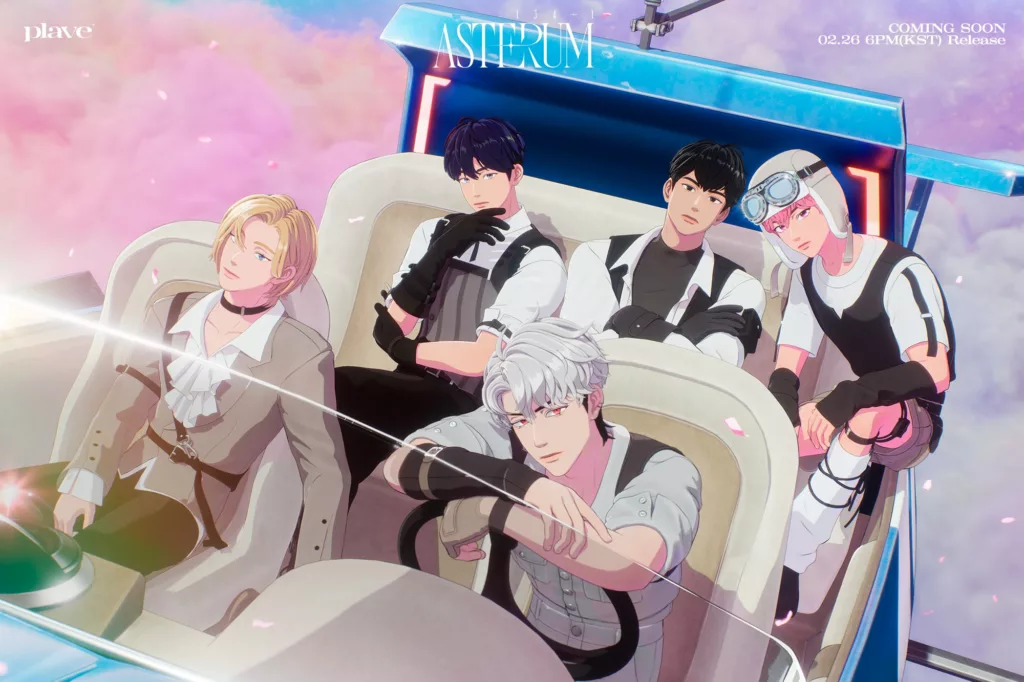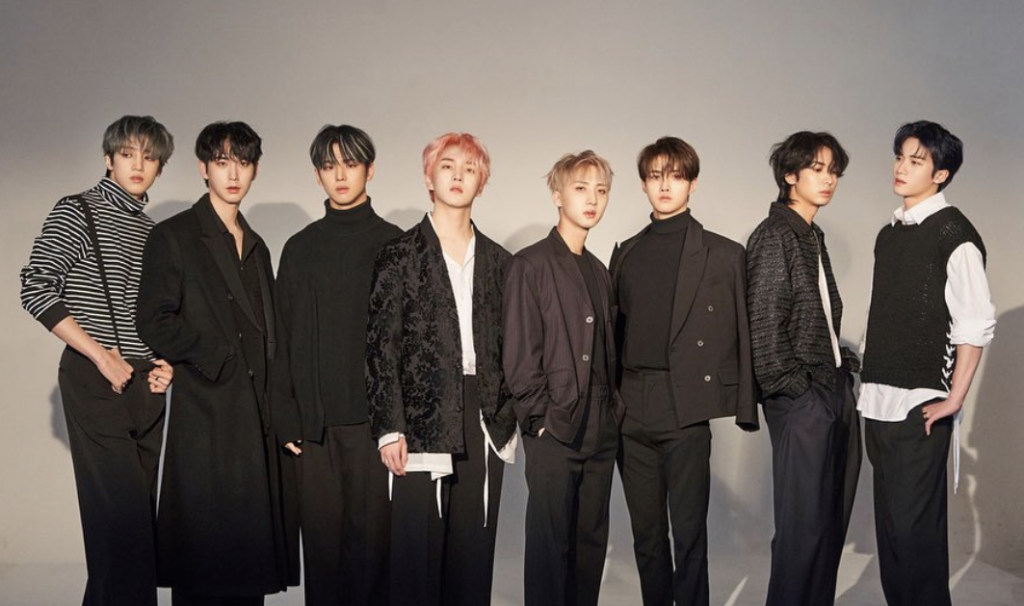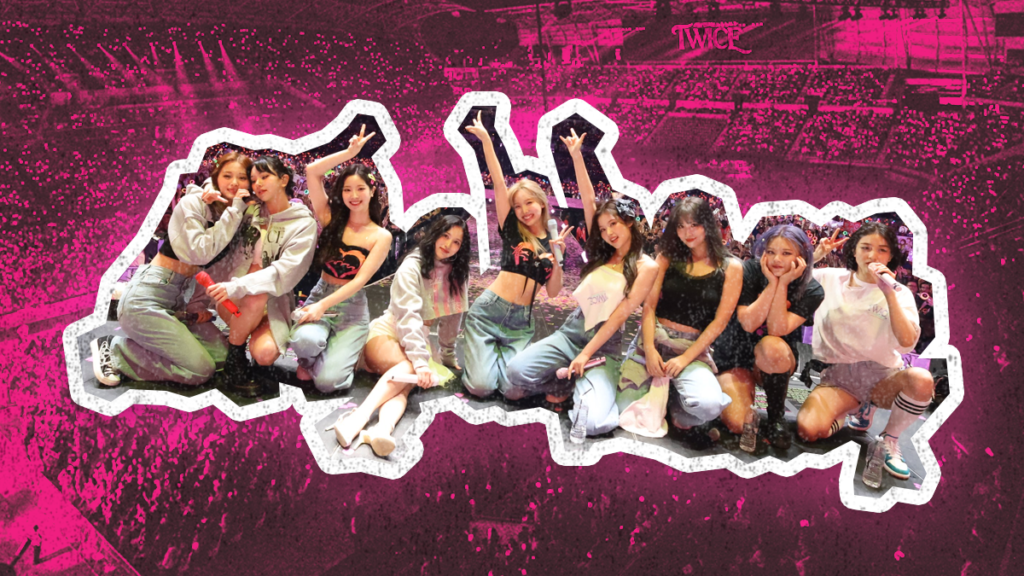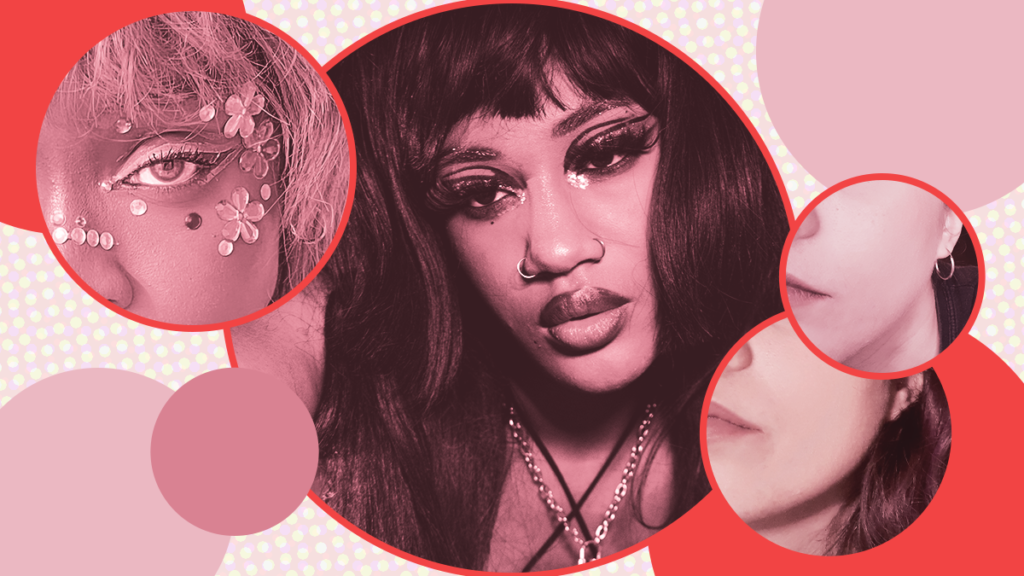Artist Spotlight: Asal Hazel’s Inspired R&B Runs Deep
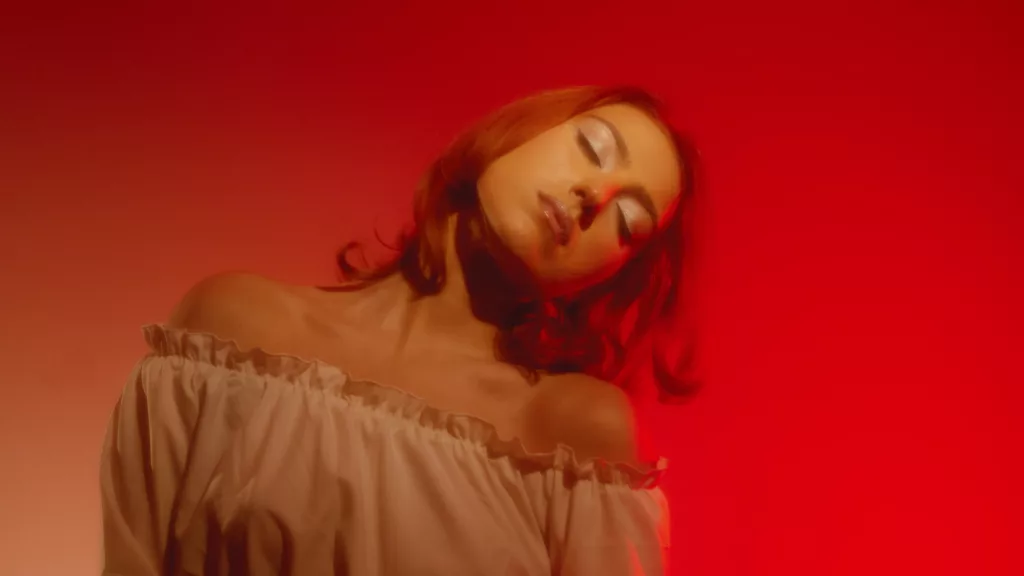
For Women’s History Month, EnVi shows extra love to women across the Asian diaspora and beyond, with special features in Fashion, Beauty, Music, Film, and Culture.
Twenty-six-year-old Asal Hazel’s music recalls an era passionately longed for. However, not in the sense you’d necessarily expect. It could be argued that, among the stylistic trademarks of the Y2K period thus far revived by the 2020s, popularity has taken to the most conspicuous and eager to drive the reference on a surface level — whether sonically or visually. In Hazel’s short but mighty catalog, drenched in Dilla-lineage instrumentals and Aaliyah-like vocal inflections, nostalgia is palpable, rather than pointable. The LA native came onto the scene with her 2017 single “U Say U Do,” produced by Filipino American beatmaker, songwriter, and frequent collaborator, Mndsgn. Be it behind the scenes, or on the mic, Hazel has since been tapped to work with names such as R&B singer Jenevieve for her debut LP Division and underground hip-hop experimentalist Pink Siifu on his acclaimed GUMBO’! Fresh off the release of her latest single “I Don’t Wanna Be Alone,” Asal Hazel spoke to EnVi via email about her favorite collaborations, memorable creative processes, and navigating the music industry as a Persian American woman.
Into the Flow
Asal Hazel would describe her sound as non-static in terms of form, yet distinctively ethereal. Indeed — one only needs to look at the title of her 2018 debut EP to make the connection — listening to her atmospheric, reverb-clad material brings to mind the fluidity of water. Her voice glides over downbeat alternative R&B productions featherlight but precise, echoing some of the quieter moments in Janet Jackson’s classic The Velvet Rope (1997), and simultaneously in a similar vein as rising contemporaries Erika de Casier and Kelsey Lu.
For many, Hazel’s music may evoke the ambience of a dimly lit room, its sensuality tied to sensibilities typically associated with late nights and their undeniable mystique. Nevertheless, its conception happens in the light of day. “I need windows and sunlight, or whatever comforting surroundings I can get,” she shared about her process. An introvert, she avoids the studio, which she finds “dark and techy,” preferring to write within the familiarity of her bedroom. “I really require a lot of alone time. I use that time to get inspired,” she added.
The personal and, oftentimes, confessional tone of her songs is, perhaps, a testament to creating in comfortable solitude. She believes that “the best songs come easily.” Her lyrical themes of choice revolve around emotions and situations she is experiencing at a time, as she conversationally recounts past memories and awakens inner truths almost in diaristic fashion. On her most popular cut to date, 2018’s “UTMT,” she yearns for a laidback and nonchalant relationship with a love interest that keeps slipping away, delicately crooning over a dulcet lo-fi beat courtesy of Mndsgn and Swarvy.
It’s the collaboration she still holds closest to her heart. “I wrote that song from a really genuine place. When I was working on [2018’s Like Water EP], I always had a special place in my heart for that song specifically, and I really didn’t think anyone was going to understand or feel what I felt for it. So when it was received well, it meant that much more to me. I still get the best messages from people about that song. That’s the most fulfilling [collaboration] for me, for sure.”
Meaningful Connections
Despite her introverted creative nature usually handling the first steps of her songwriting process, Hazel does enjoy sharing her drafts with fellow writers and bouncing ideas. “If I get the chance and the chemistry is right, it can be fun to see how things turn out,” she said.
Her openness to exchanging perspectives around her work led to her early affiliation with names adorning the roster of Stones Throw Records. The independent LA label was famously behind the release of the aforementioned J Dilla’s Donuts (2006), and is currently home to a range of musicians making waves in the realms of hip-hop, electronic, and indie pop, such as Benny Sings and Sudan Archives. “I was releasing little janky, self-made recordings from my bedroom to SoundCloud, when SoundCloud was first sort of popping off, and was getting messages from some special people, including Knxwledge and Mndsgn. I ended up really clicking with Mndsgn, and we just kept working. He inspired me a lot, he’s still a good friend of mine,” Hazel reminisced.
Forming ideal artistic partnerships can be a challenge in a space as vast as the music industry. Regardless, for Asal Hazel, collaboration seems to have worked its magic on multiple occasions, which ended up enriching both her network and discography. In the latter half of last year, the musician teamed up with producer Louie Lastic (Masego, Jordan Ward, DESTIN CONRAD) and TDE’s Zacari for the single “Aries.” The sun-soaked, mellow R&B track was crafted in a collective session she remembers vividly. “I invited Zac to the studio with Louie Lastic, and he just took charge. I recorded humming some melodies that we all sat with for a few days, and then Zac wrote and tracked his parts first. […] It was almost freestyled, the way he did it. He lit incense, went to the mic, and went off.”
“When you think of me, think of the sun / All I ever wanted was to keep you warm,” the vocalists harmonize on top of gentle guitar, grounded by strong, R&B 808s. About the song’s lyrical matter and intriguing title, Hazel revealed: “Not long before we made the song, me and Zac were talking about some heavy things we’d both been through with our mutuals and, of course, that’s what we wrote about. At the end of it, he asked to call it ‘Aries,’ which is fitting for a thousand personal reasons.”
Hazel’s latest, the January-released “I Don’t Wanna Be Alone,” came together under similar circumstances. On the fresh track, originally written by Grammy-winning songwriter James Fauntelroy (Bruno Mars, Rihanna, Justin Timberlake), the singer illustrates a back-and-forth of missed phonecalls between her and a lover, her falsetto layered in lush harmonies over acoustic guitar and violin embellishments.
“James Fauntelroy [has] been one of my favorite songwriters for a long time. I always wanted to sing something of his, and this was my way of giving that to myself,” she shared with a laugh. “So I started tracking it without really thinking too much. I love singing stacks and harmonies, so I got to play a little more with that on this one. But then, I took that recording to Louie Lastic and he helped me build on the instrumentation perfectly. I brought my friend Vic in to give us some violin, […] and Zacari was actually in the studio with us that day too, giving his feedback. It was one of my favorite sessions.”
Balancing Heritage and Creativity
Asal Hazel’s music career is on its way up. The artist’s breezy, effortlessly charming tunes, nonetheless, don’t betray the underlying perseverance it has taken to arrive at a place where she’s free to do what she loves. Despite trying out performing arts schools growing up, her passion for music seemed to clash with her cultural upbringing for quite some time.
“My family’s Persian and, yeah, Iran has a lot of notable art and poetry, but it’s not generally encouraged for Persian girls (or anyone) to pursue music, [and/or] art,” she told EnVi. “I always knew I loved to sing, and wanted to spend my life like some of my favorite artists, but it felt like something that was out of the question and impossible. It took me a while, but I eventually found courage to be true to myself and went for it. And then, I was just too stubborn to stop.”
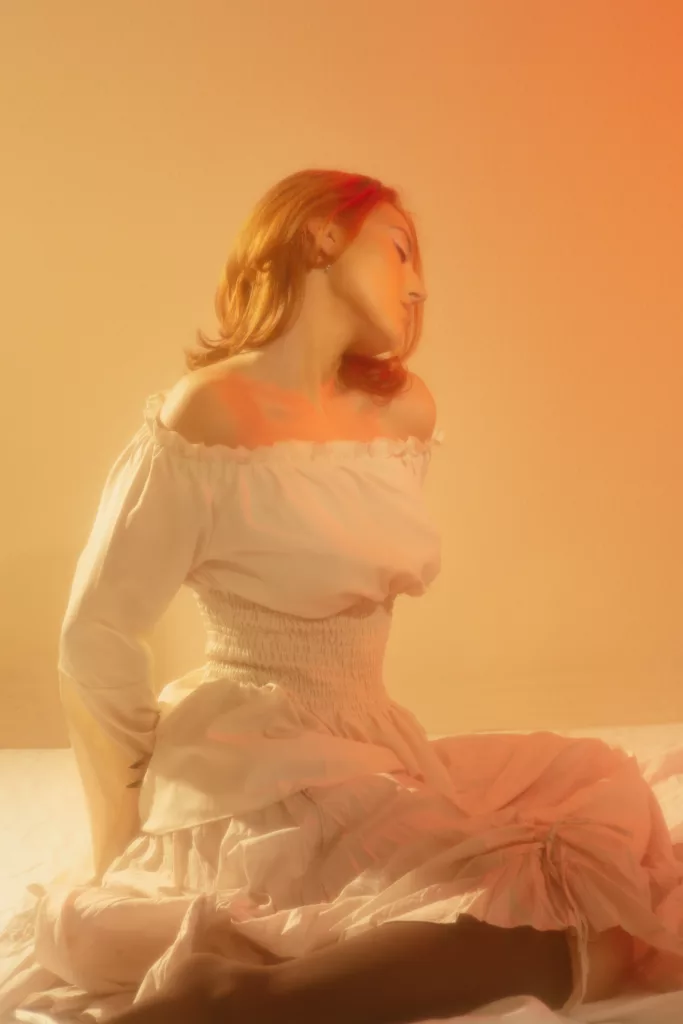
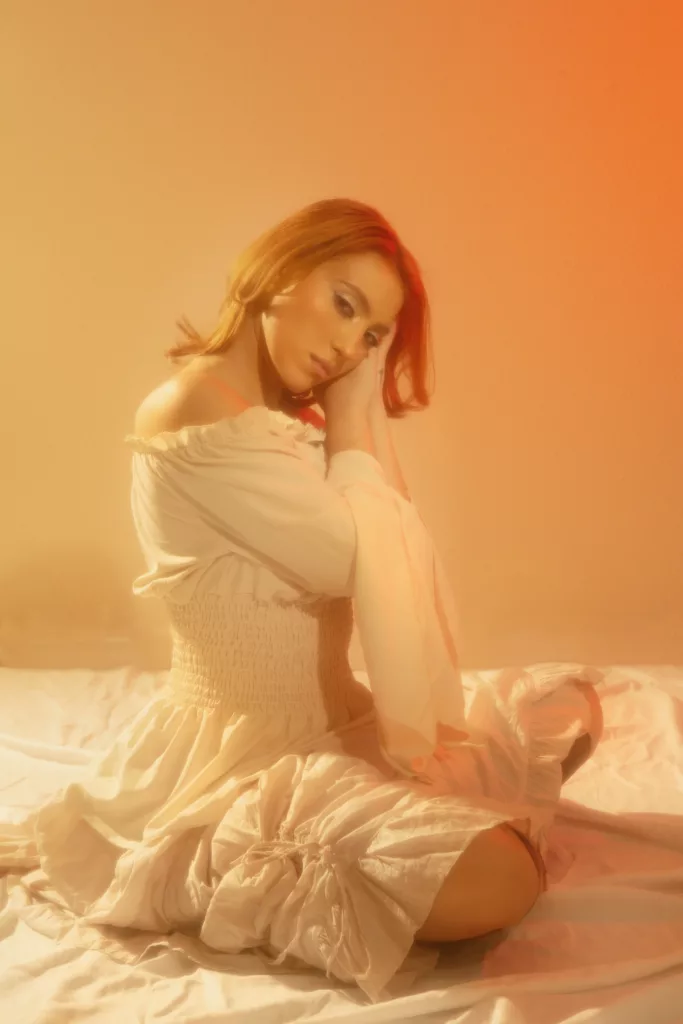
Nowadays, Hazel is still finding her footing with navigating the music industry alongside her identity. “I wish there were more Persian girls in the industry that I could look up to, or bond with — but so far, I’ve just learned to look for people who understand me the most, and stick to them,” she said, adding that being a Persian woman and a creative hasn’t come short of difficulties for her. On the brighter side, though, she is happy to witness her cultural background occasionally inform her creative process, even unconsciously. “I don’t intentionally try to incorporate much from my culture into my art, but I see how it sometimes naturally finds its way into my work, and I think that’s pretty cute!”
From her base in the U.S., Hazel is adamant about figuring out ways to openly express what she stands for in relation to ongoing issues in Iran. At the end of the “Aries” music video, one can catch a display of the words “Woman, Life, Freedom” written in Farsi. When asked about the meaning behind that choice, Hazel explained her reference to the same-named protest movement that was taking place in Iran as the video was being finalized in LA. The “Woman, Life, Freedom” movement demanded the end of compulsory hijab laws and other forms of discrimination and oppression against women. “I’ll always endorse what highlights women and girls defending their human rights,” Hazel declared.
On the Rise
Her headspace, at the moment, can be summed up with “clear and excited,” as Hazel is in the last stages of preparation for an upcoming release. “I won’t get too specific about the sound, but I’m finishing up my project right now and [I’ve] been experimenting a lot,” she revealed to EnVi. Her goal in regards to her music is pretty straightforward: to inspire anyone who comes across it. Paving a promising path in the industry, she isn’t bothered about listenership particularities — as long as she gets to fulfill her dreams.
“It’s fun when people who have nothing in common like your music,” she noted. “I make it for whoever appreciates it, and if it can spark inspiration, that’ll do it for me — the same thing I got from my favorite songs growing up.”
Keep up with Asal Hazel on Instagram, X, and YouTube.
Listen to Asal Hazel on Spotify, Apple Music, SoundCloud, and Bandcamp.
Interested in discovering more up-and-coming talent in music like Asal Hazel? Check out our Artist Spotlight featuring Miu Haiti here.
